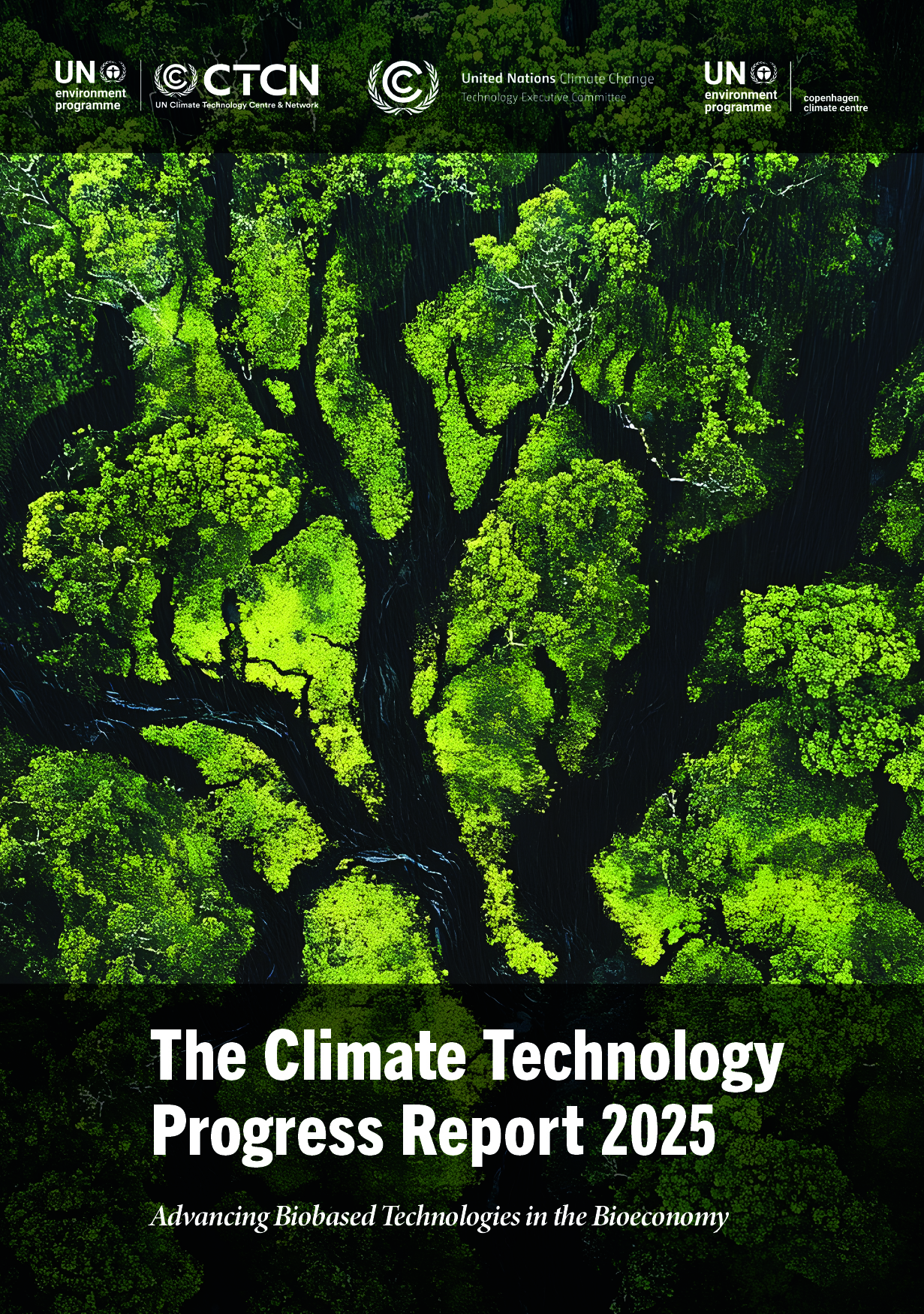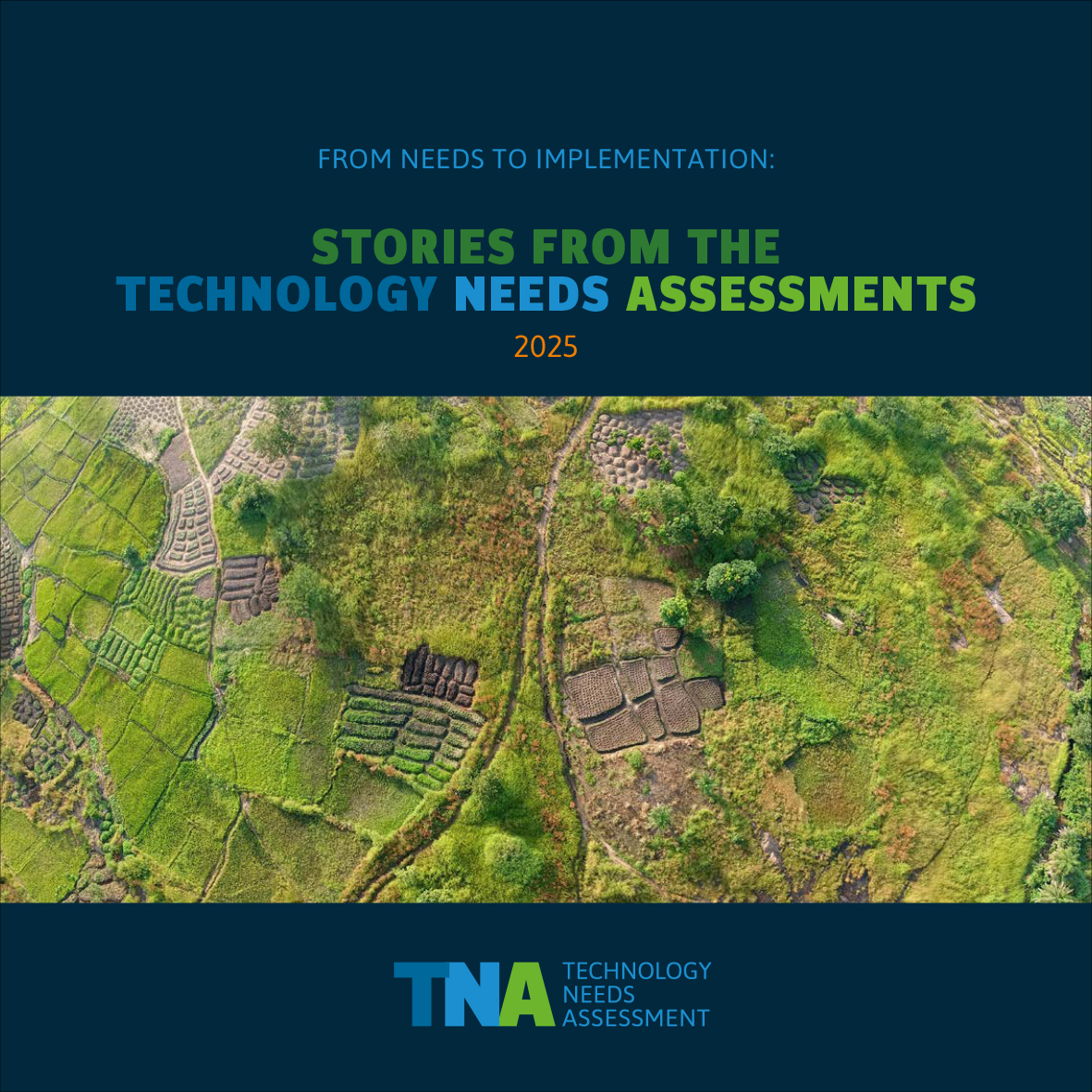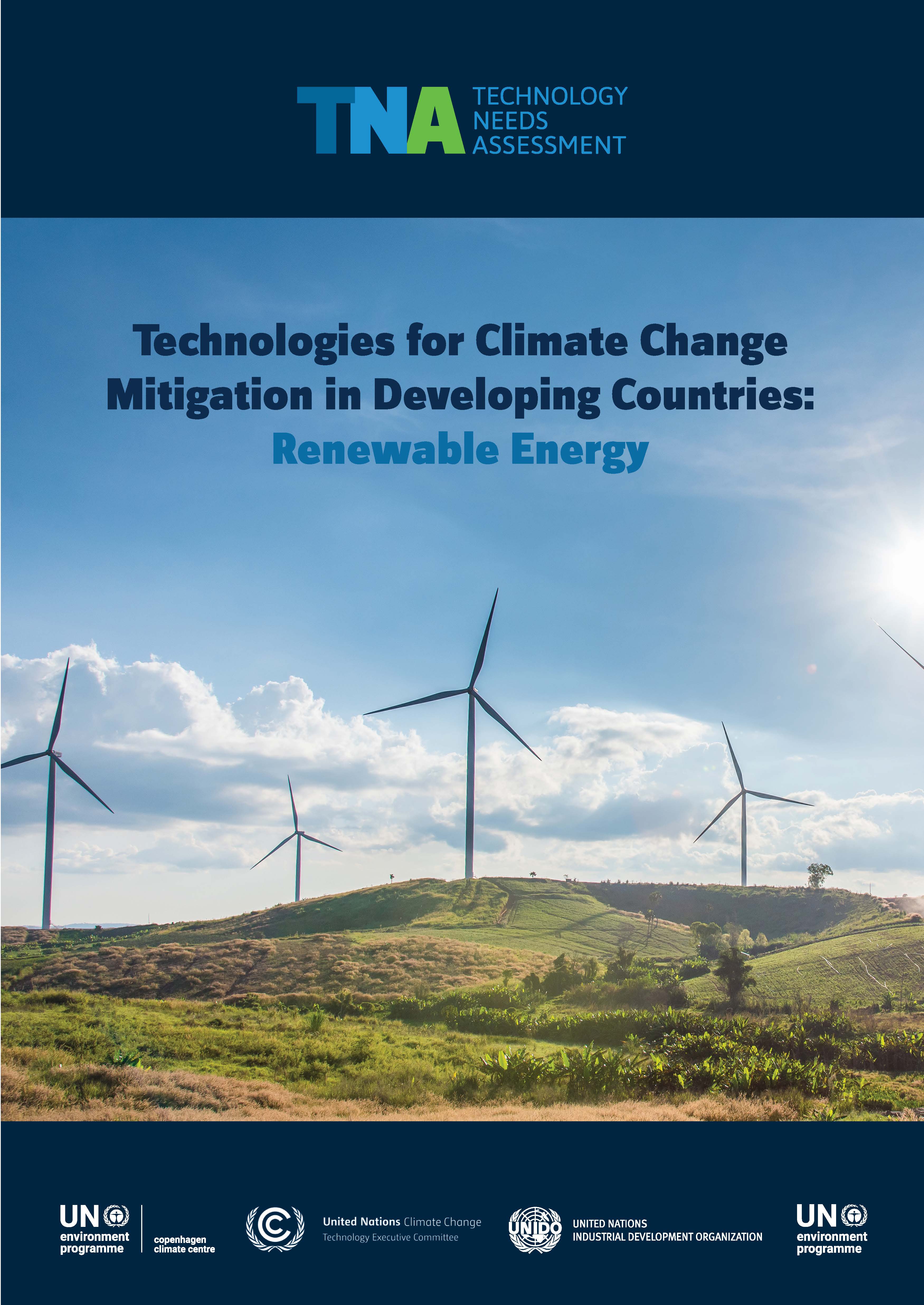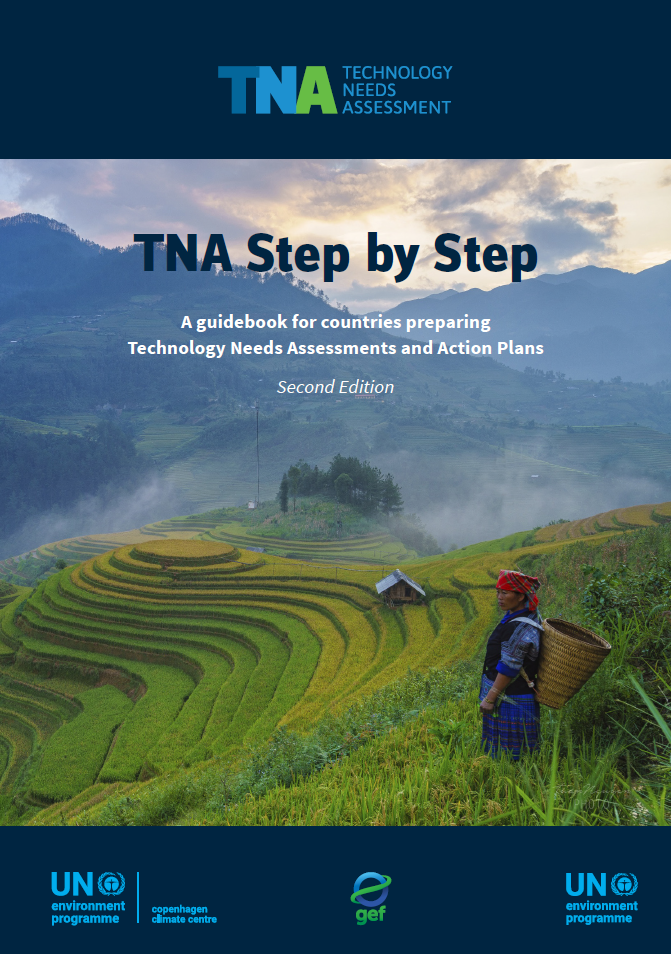We work with developing countries on their Technology Needs and Action Plans to achieve national Sustainable Development Goals and the Paris Agreement
Read moreAbout
The TNA project is implemented by the United Nations Environment Programme and the UNEP Copenhagen Climate Centre on behalf of the Global Environment Facility.
- GEF
- GEF
- UNEP Partnership
NEWS

Regional Climate Technology Capacity Building and AI-Enabled Innovation in Focus
UNEP Copenhagen Climate Centre closed the year by strengthening climate technology planning across Asia and the Pacific through regional capacity building and technical exchanges through Technology Needs Assessments.
December 19th, 2025
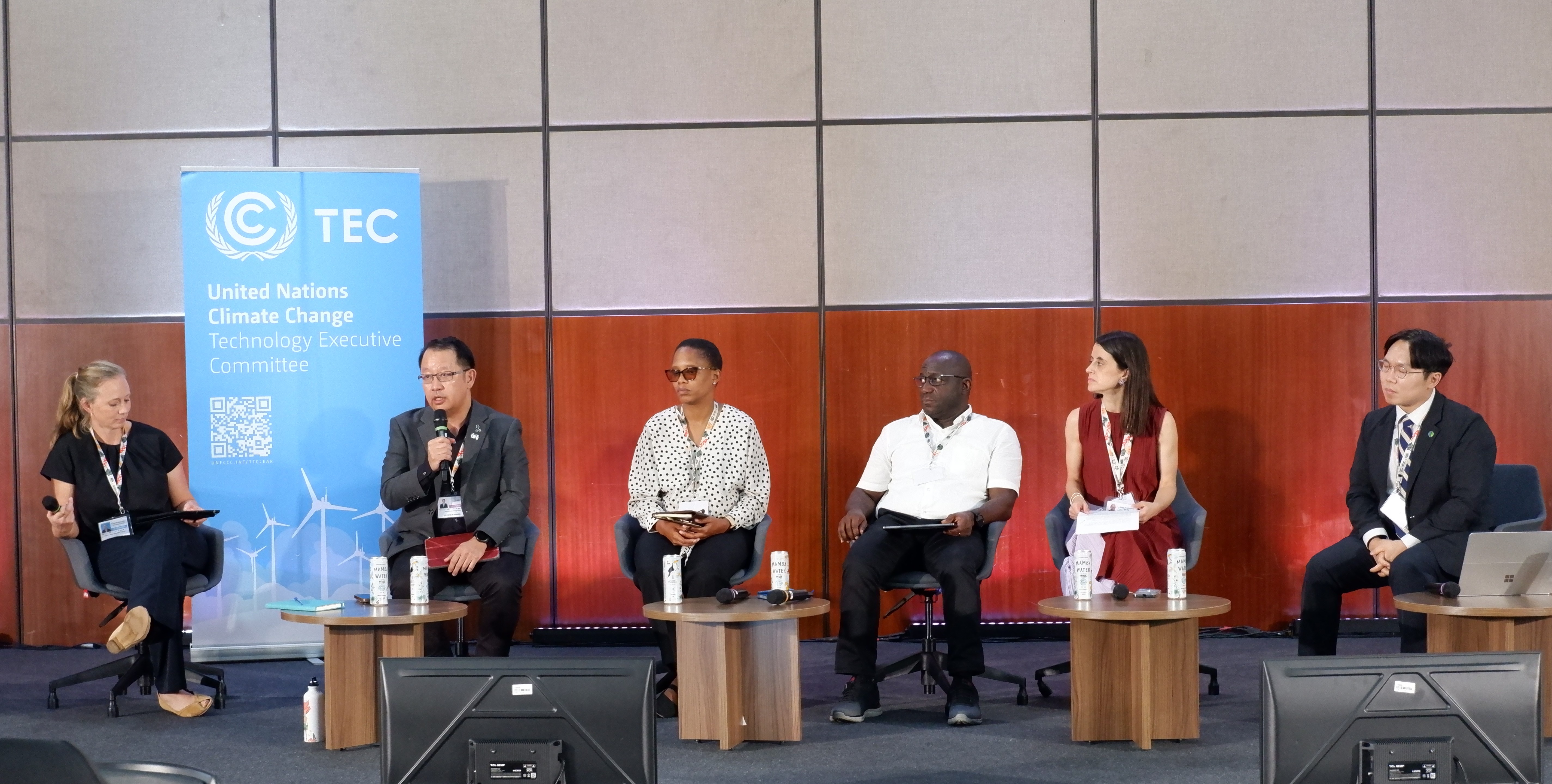
Climate Technology at COP30: Priorities, Ownership, and Implementation
Countries underscored that Technology Needs Assessments are becoming essential tools for turning national climate ambitions into implementable, investment-ready action.
November 23rd, 2025

Federated States of Micronesia Launches TNA Process
FSM selected the energy and agriculture (food security) sectors for mitigation, and the health and water sector for adaptation, respectively.
September 19th, 2025
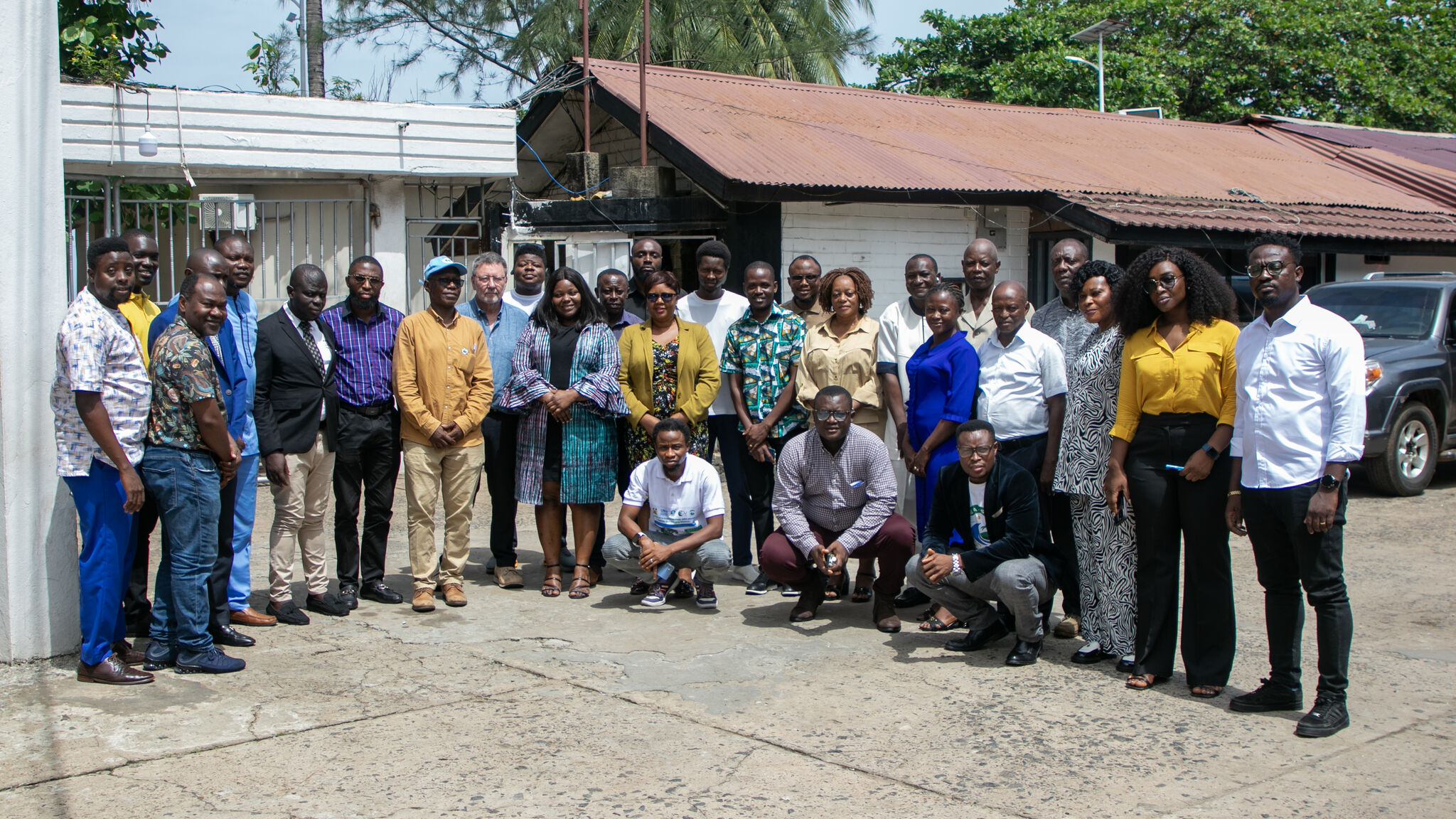
Sierra Leone Joins TNA V
Sierra Leone has identified mitigation technology priorities in expanding access to clean energy through off-grid solar systems in rural areas and small-scale hydropower plants, as well as developing mini-grid systems to connect rural communities and reduce reliance on diesel generators.
July 18th, 2025
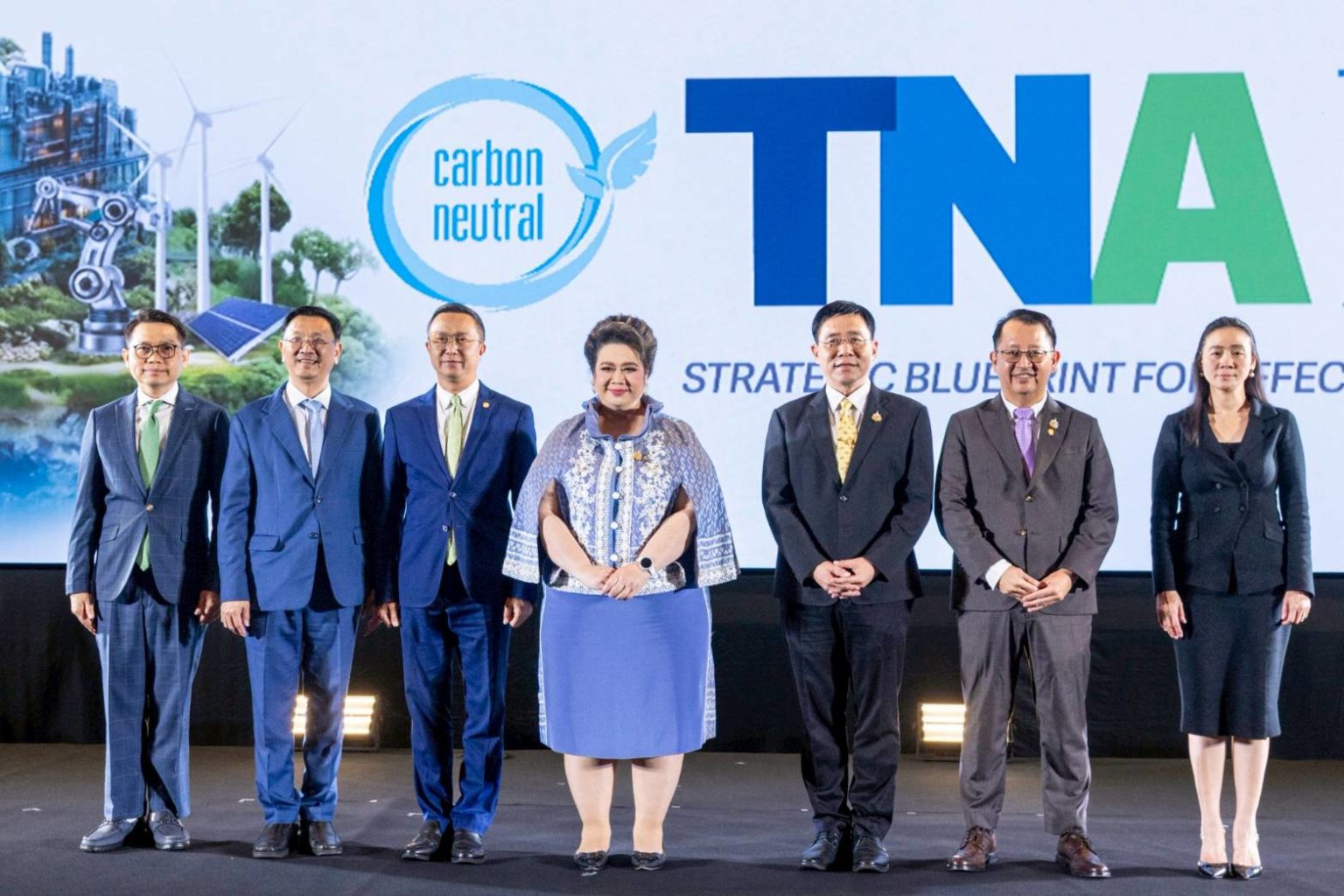
Thailand Steps Up Climate Action With Second TNA
On the 15th of May, 2025 Thailand launched its second Technology Needs Assessment (TNA), marking an expansion of implementation and planning activities since of Thailand’s first TNA in 2012.
July 4th, 2025

